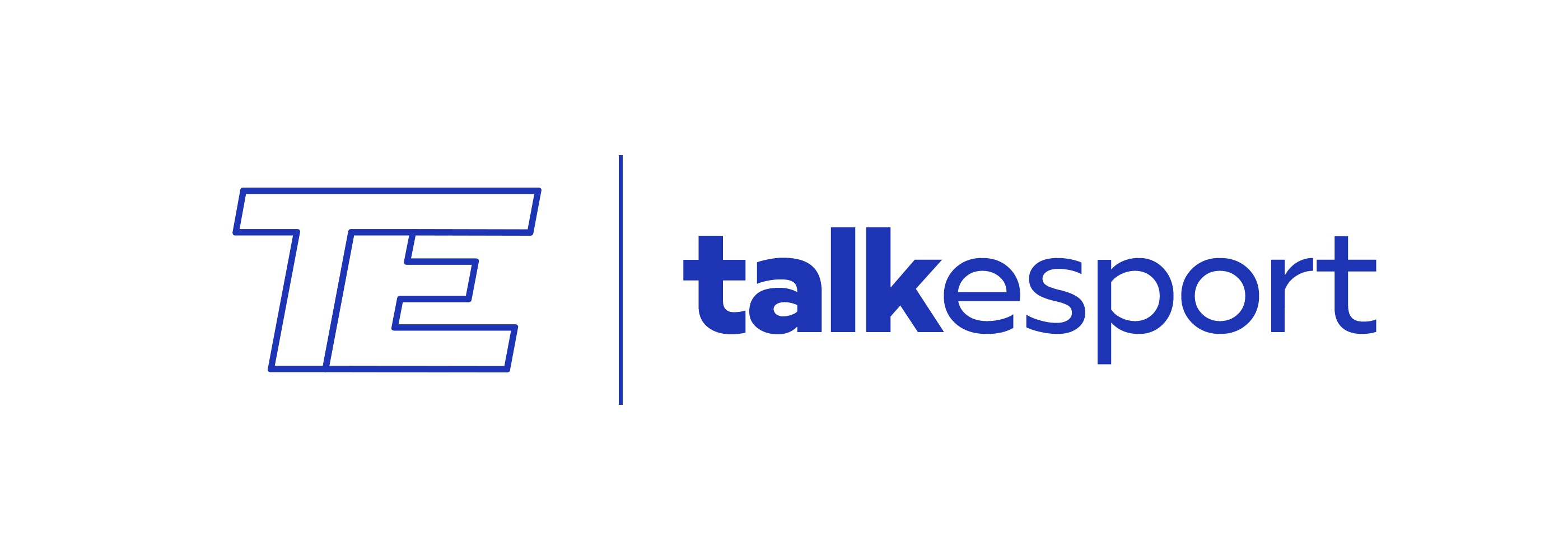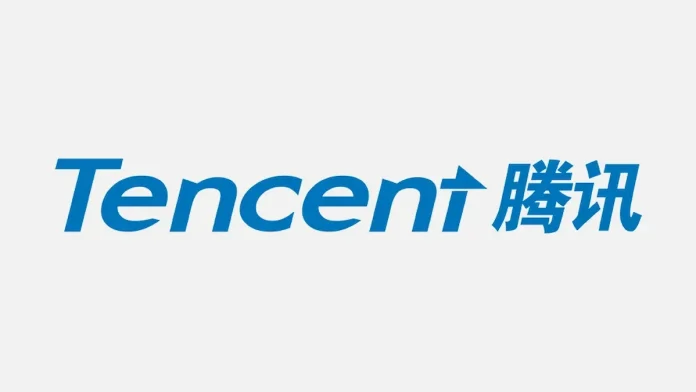The U.S. Department of Defense has listed Tencent, the parent company of Riot Games, as a Chinese military-affiliated company, stirring debates across the gaming industry. The announcement, made on January 7, places Tencent alongside other firms accused of ties to the Chinese military.
Background of the Blacklist
The blacklist was originally created in 2020 under then-President Donald Trump’s executive order, prohibiting U.S. investments in companies with suspected military connections. Tencent’s addition to this list follows similar actions against other Chinese companies, including TikTok, which faced restrictions and bans.
Tencent’s Reaction to the Allegation
Tencent responded through spokesperson Danny Marti, clarifying that the listing does not impose immediate sanctions or export controls on the company. Tencent emphasized its willingness to work with U.S. authorities to resolve any misunderstandings.
Despite the company’s assurances, concerns remain about potential future sanctions, which could impact Tencent’s operations in the U.S. and beyond.
Tencent’s Influence in Gaming
Tencent is a global powerhouse in the gaming industry, owning Riot Games, the creator of Valorant, and TiMi Studio Group, which developed Arena of Valor and Honor of Kings. The company also holds stakes in popular developers such as Epic Games (Fortnite), FromSoftware (Elden Ring), and Fatshark (Warhammer 40,000: Darktide).
In addition, Tencent has invested in Ubisoft, the maker of Assassin’s Creed. With Ubisoft facing financial challenges, there are speculations that Tencent might attempt a full acquisition if Ubisoft’s upcoming game, Assassin’s Creed: Shadows, underperforms.
Potential Impact of Sanctions
If stricter sanctions are imposed, they could severely disrupt Tencent’s partnerships and affect some of the most popular video games in the U.S. Players may face access restrictions, updates, or even bans on games like Fortnite and League of Legends.
While no immediate changes have been mandated, Tencent’s addition to the blacklist has raised alarms within the gaming community and among investors, highlighting broader geopolitical tensions.


